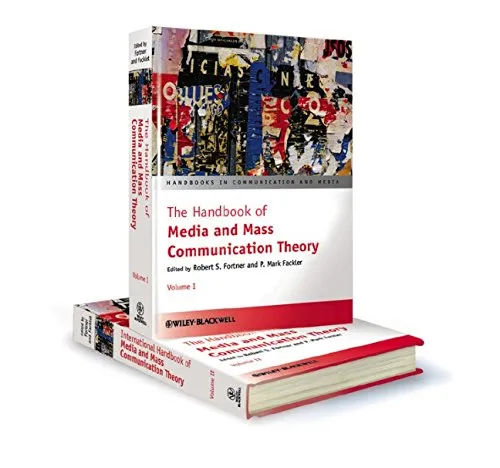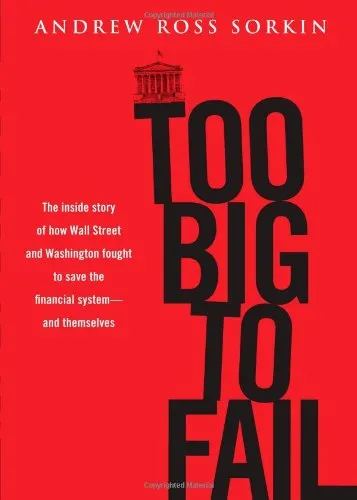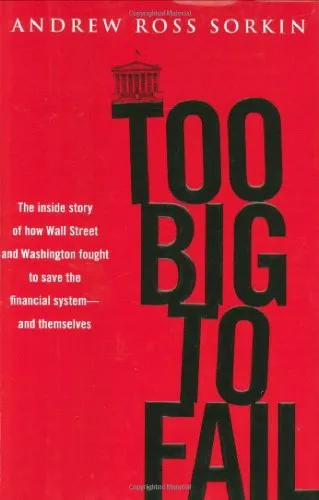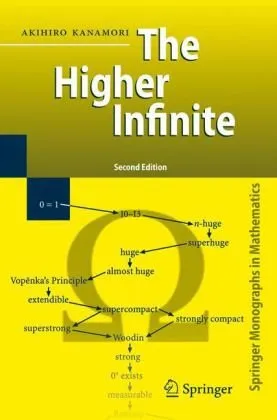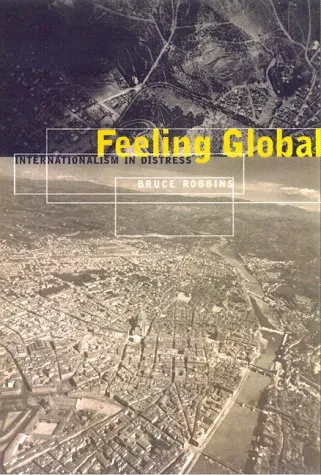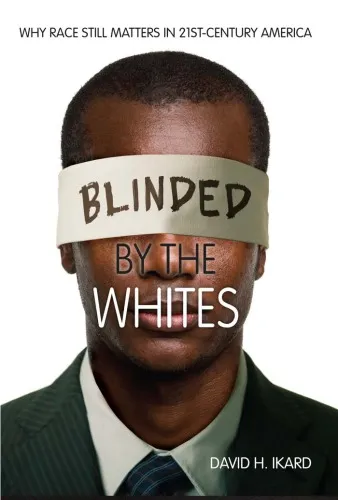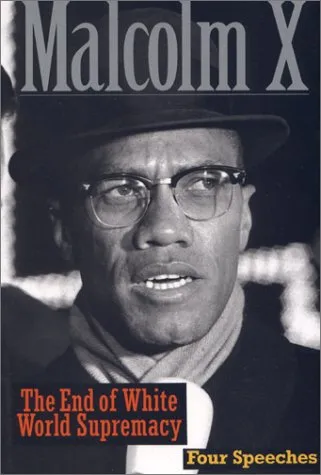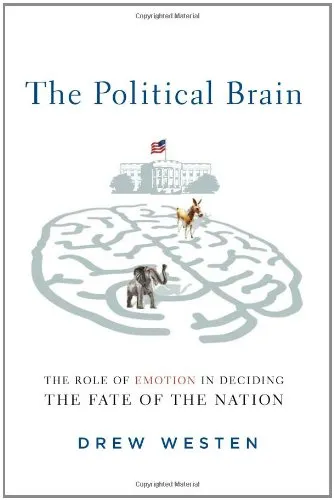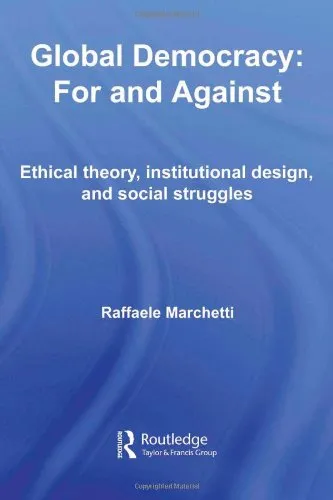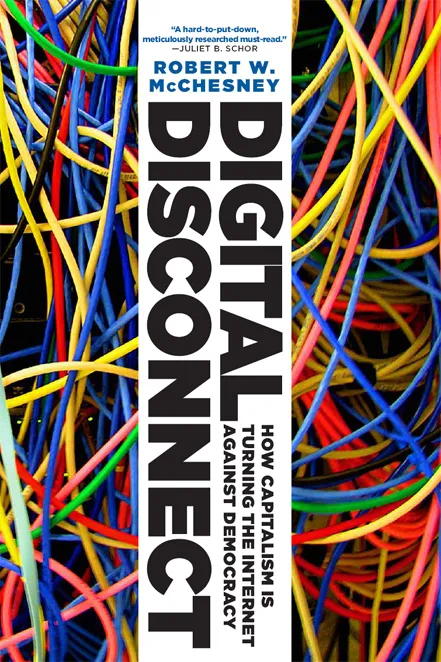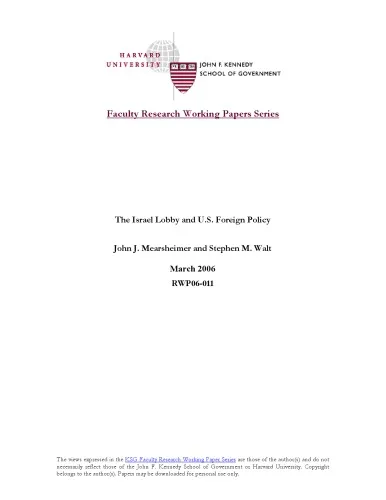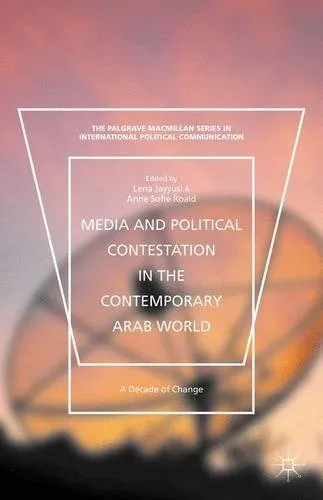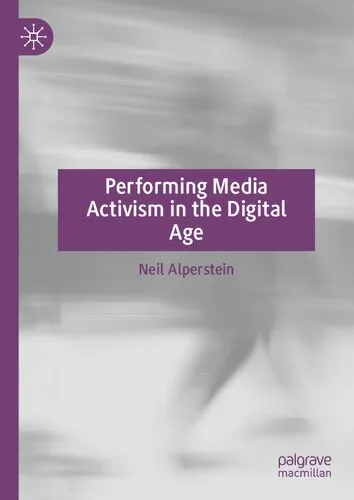The Handbook of Media and Mass Communication Theory, 2 Volume Set
4.5
Reviews from our users

You Can Ask your questions from this book's AI after Login
Each download or ask from book AI costs 2 points. To earn more free points, please visit the Points Guide Page and complete some valuable actions.Related Refrences:
Introduction to 'The Handbook of Media and Mass Communication Theory, 2 Volume Set'
The field of media and mass communication demands rigorous inquiry and nuanced understanding, especially in an era of rapid technological change and global interconnectedness. With this vision in mind, The Handbook of Media and Mass Communication Theory, 2 Volume Set serves as a comprehensive intellectual map for exploring both foundational concepts and cutting-edge debates. This book is designed not only for academics and researchers but also for media professionals, educators, and anyone deeply interested in how communication shapes societies and cultivates human understanding.
Detailed Summary of the Book
The Handbook is divided into two meticulously crafted volumes that together offer a scholarly yet accessible overview of media and mass communication theories. The first volume focuses on foundational theories and concepts, such as semiotics, media effects, agenda-setting, and the political economy of media. It traces the evolution of media theories from their early roots in sociology and psychology to their current role in understanding global issues like digital privacy, misinformation, and media ethics.
The second volume delves deeper into contemporary and emerging theories, examining their application in the context of social media, artificial intelligence, immersive technologies, and transnational communication. This section also addresses critical issues such as media regulation, freedom of expression in the digital age, and how cultural diversity intersects with globalized media systems. Together, the two volumes create a tapestry of knowledge that covers the historical, cultural, and technological dimensions of communication.
Throughout, the Handbook integrates multidisciplinary insights, drawing from sociology, anthropology, cultural studies, economics, political science, and more. Each chapter is written by leading scholars in their fields, offering expert analysis that is both authoritative and engaging, with a focus on real-world applicability.
Key Takeaways
- Comprehensive exploration of classical and contemporary media theories.
- A balanced focus on both traditional media (e.g., television, newspapers) and emergent digital platforms (e.g., social media, streaming services).
- An interdisciplinary approach integrating insights from multiple fields to enrich understanding of mass communication.
- Clear explanations of complex theoretical frameworks, making them accessible to both beginners and advanced researchers.
- Practical applications of media theories in addressing global challenges such as misinformation, media bias, and digital surveillance.
Famous Quotes from the Book
"Media forms are not passive mirrors of society; rather, they actively construct reality, shaping how we understand the world and our place in it."
"Mass communication is most powerful not in directing thought, but in structuring its boundaries."
Why This Book Matters
In a world increasingly driven by digital media, the role of mass communication theories is more critical than ever. This book provides the theoretical foundation necessary to decipher the impact of media on individuals, communities, and societies. Whether it’s about understanding how misinformation spreads through social media, or grappling with ethical dilemmas surrounding AI and journalism, the Handbook equips readers with the intellectual tools needed to navigate these challenges.
Moreover, the book fosters critical thinking, empowering readers to question and analyze the media narratives that influence public opinion and societal norms. By combining historical context, theoretical rigor, and forward-looking perspectives, it bridges the gap between academia and practice. This makes it an indispensable resource for anyone who wishes to engage meaningfully with the evolving media landscape.
Ultimately, this Handbook underscores the essential role of media literacy and thoughtful communication in fostering informed, democratic societies. Its insights will benefit not only media professionals and researchers but also policymakers and general readers who care about the interplay between media, culture, and power.
Free Direct Download
You Can Download this book after Login
Accessing books through legal platforms and public libraries not only supports the rights of authors and publishers but also contributes to the sustainability of reading culture. Before downloading, please take a moment to consider these options.
Find this book on other platforms:
WorldCat helps you find books in libraries worldwide.
See ratings, reviews, and discussions on Goodreads.
Find and buy rare or used books on AbeBooks.
1531
بازدید4.5
امتیاز0
نظر98%
رضایتReviews:
4.5
Based on 0 users review
Questions & Answers
Ask questions about this book or help others by answering
No questions yet. Be the first to ask!
